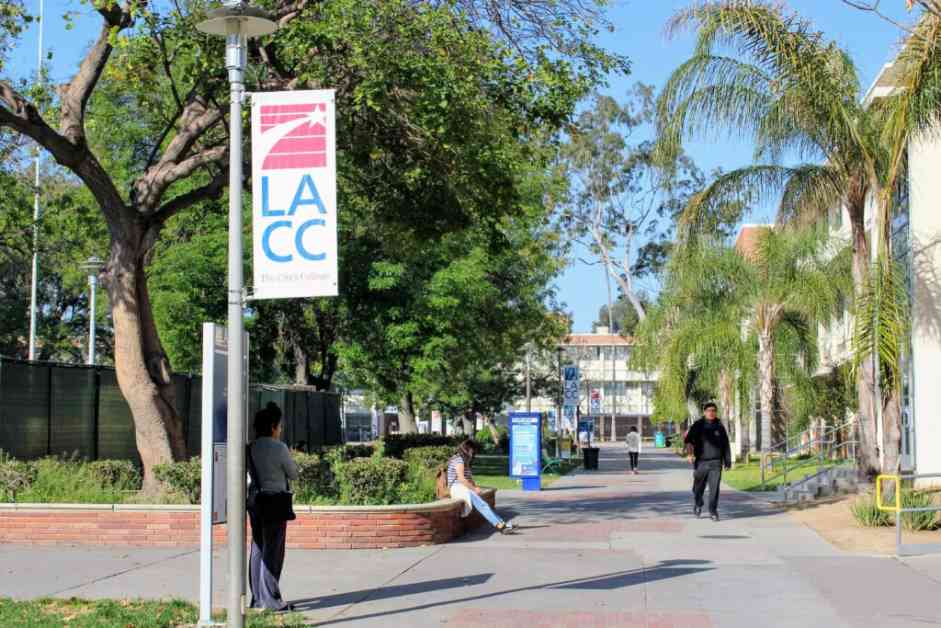Community college bachelor’s degree programs are a vital pathway to socioeconomic mobility and offer a chance to earn a bachelor’s degree for students who may not have access to other public college options. In California alone, there are now 38 community colleges that offer bachelor’s degree programs, allowing more students to pursue higher education closer to home.
Despite the benefits of these programs, community colleges have faced challenges due to stigma, suspicion, and scrutiny. Some still view community colleges as inferior institutions, even though they have been authorized to offer bachelor’s degrees for almost a decade. There are also concerns about duplication and competition with other colleges, as well as doubts about the quality of education provided.
However, research has shown that community college bachelor’s degree programs are not duplicating existing programs or taking students away from other colleges. In fact, these programs are helping to address a projected shortage of bachelor’s degrees in the state. The outcomes of these programs have been positive, with high graduation rates and a focus on serving underrepresented populations.
Despite the hurdles that community colleges face in getting approval for bachelor’s degree programs, they play a crucial role in providing access to higher education and supporting economic mobility for students. Policymakers should recognize the value of these programs and work to strengthen and support them, rather than perpetuating myths and misconceptions about community colleges. By offering more opportunities for students to earn bachelor’s degrees, community colleges can help meet the growing demand for higher education in California.




















